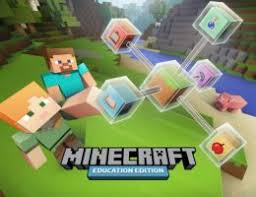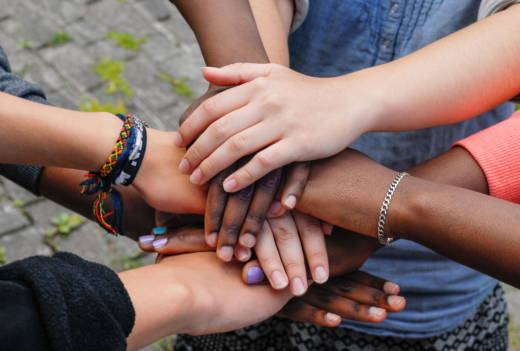GooseChase EDU
Teachers set up missions for students that include scavenger hunt clues. Students can solve the clues on their phones by submitting a video or picture, adding text information, or by being present in a specific location through GPS. Since teachers can create and monitor teams, assign start/end times, and have teams retry clues in real time, there’s no end to the creative ways teachers can get students working together. But make sure to highlight teams that exemplify good collaboration after the hunt ends.
 Genius
Genius
This collaborative tool lets kids analyze and annotate texts from songs, literature, historical documents and web content -- including current events and news. While teachers need to be aware of any inappropriate content on the site, there’s a great opportunity here for students to explore and reply to others’ annotations, as well as get replies to their own work. Working together, students can perform textual analysis for an authentic audience and perhaps learn a little about digital citizenship along the way.
 Minecraft: Education Edition
Minecraft: Education Edition
Minecraft has always had ways for kids to team up, but this tool adds teacher controls to make it even easier to get students working together in the classroom. Whether it’s an entire class, small groups or pairs, students can collaborate on building projects that solve complex problems. Use the chat feature to provide feedback, and have the students use the camera tool to document progress. They can then go back after they’re done to see where they struggled and determine how to work better together next time.
 Breakout EDU
Breakout EDU
These physical kits -- with various locks, hint cards, a UV light, an invisible ink pen and more -- task students with solving puzzles to open a locked box (similar to an escape room). They’re certainly not as fun to play alone, so teachers will want to experiment setting up diverse groups of students. By playing, students will begin to realize how they’re able to solve complex problems through critical thinking and social and emotional skills -- all while learning the traits that make up a successful and efficient team.
This article’s content is an extension of the We All Teach SEL blog series from Common Sense Education. Check out Common Sense Education’s Educator Toolkit for Social and Emotional Learning for lessons, activities, classroom tools and family resources to help students learn about character strengths and develop empathy, compassion, integrity and more.






